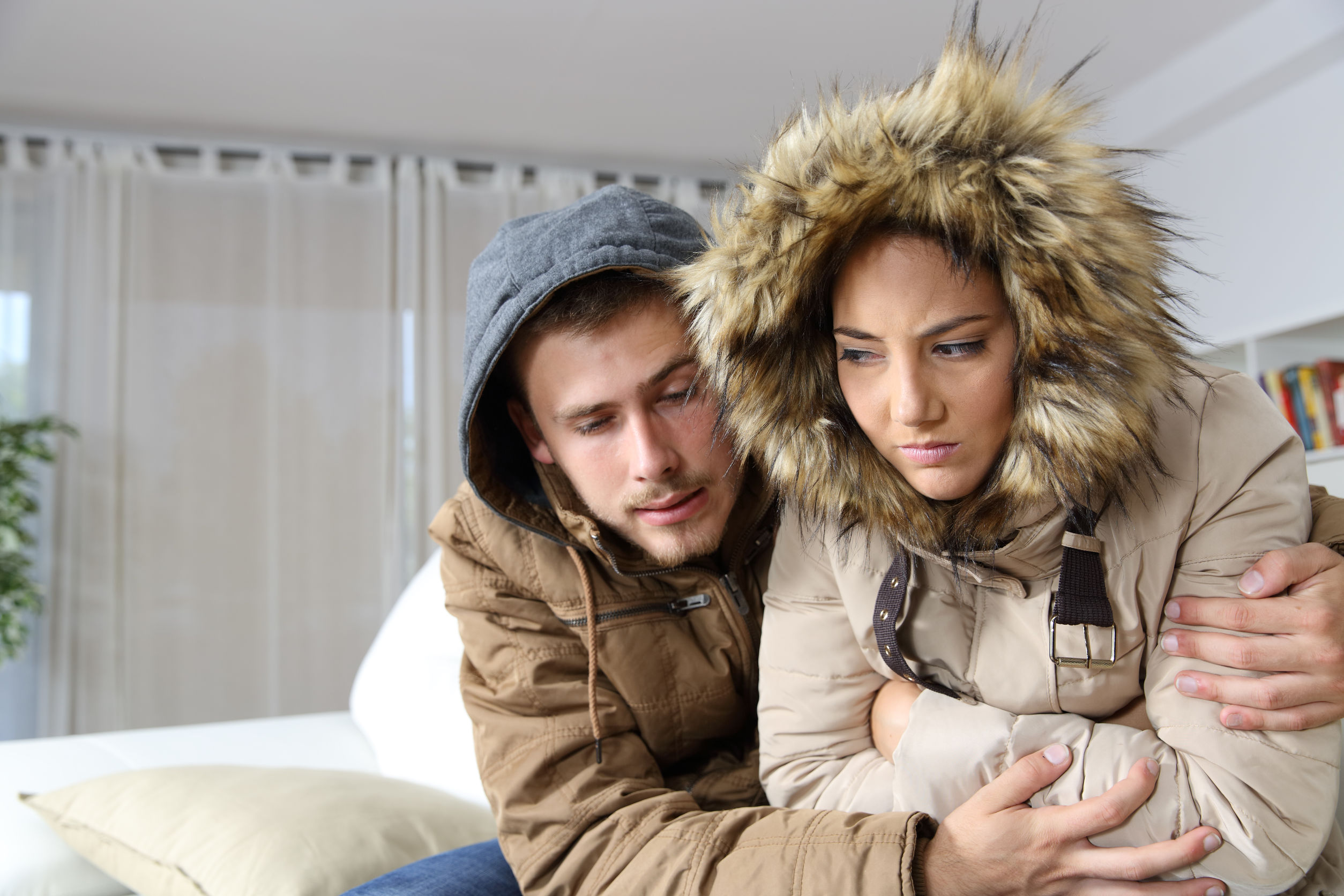Preventing energy losses with thermal insulation
Building owners who want to put a stop to energy losses should invest in the thermal insulation of their houses. Through cracks, leaks and holes in the facade, roof or cellar, heat is easily lost in the cold season and escapes unused through the gaps and up the chimney. For new buildings, the German Energy Saving Ordinance (EnEV) therefore stipulates good thermal insulation. It not only reduces energy costs, but also increases indoor comfort as long as a few important points are observed.
Tip 1: The right time for retrofitting
Thermal insulation not only prevents the heat from escaping to the outside in winter. In summer, it also keeps the heat out. As a basic rule, heat is always drawn to the cold. With a thermally insulated house, you will benefit in winter as well as in summer. But owners of existing buildings are often reluctant to retrofit thermal insulation because of the associated costs. In the long run, however, the investment will definitely pay off. Our tip: Install thermal insulation in the course of a major renovation project. Don’t forget: Even a thin insulation layer behind the radiators already reduces the heat loss via the outer wall.
Tip 2: Regular ventilation and intelligent heating
Many people fear that living in a tightly insulated house will be like living in a “plastic bag”. But this fear is unfounded. The exchange of air simply has to be controlled by opening the windows and airing the house regularly. Together with the right heating habits, possibly supported by an intelligent heating control system, a healthy room climate with a sufficient amount of fresh air can be ensured and the heating costs kept low and manageable. These are also important conditions for keeping humidity in the building at a minimum level. Otherwise, mold growth will be promoted.
Tip 3: Put your trust in healthy building materials
The important thing about thermal insulation is that all materials used for this purpose must be absolutely healthy for living. Otherwise, possible emissions from the building products will have a negative effect on indoor air quality. It is therefore advisable not to introduce additional pollutants in the form of volatile organic compounds into the house. A simple look at the product packaging is sufficient: If it bears the EMICODE® seal, the product is certified to have the lowest possible emissions and thus contribute to the residents’ health.

Foto: @Antonio Guillem/123rf.com
Haben Sie Fragen?
Sollten Sie Fragen zu bestimmten Themen haben oder wollen uns aus einem anderen Grund kontaktieren, melden Sie sich gerne über Telefon oder E‑Mail bei uns.
Tel.: +49 211 / 67931–22
info@emicode.com
Share article on Social Media:
